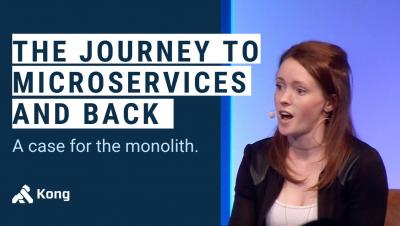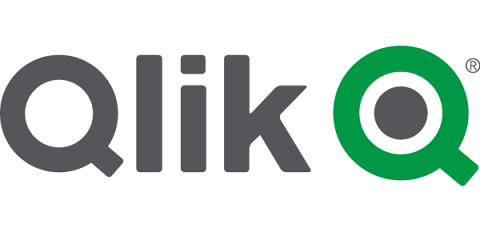Systems | Development | Analytics | API | Testing
%term
Talend Cloud - Remote Engine Setup in Azure
Thinking beyond the API Gateway - Webcast
API Management for better discoverability, visibility and adoption
To Microservices and Back Again Insights from Both Sides of Digital Transformation
This year has been a game changer for Yellowfin
Top 10 Benefits of Continuous Integration & Continuous Delivery
Continuous Integration (CI) allows you to continuously integrate code into a single shared and easy to access repository. Continuous Delivery (CD) allows you to take the code stored in the repository and continuously deliver it to production. CI/CD creates a fast and effective process of getting your product to market before your competition as well as releasing new features and bug fixes to keep your current customers happy.
This year has been a game changer for Yellowfin
The launch of Signals has been a complete game-changer for us this year. Yellowfin is doing something completely unique in the marketplace and we’re winning some great deals because of it. Signals is an automated data discovery product that delivers alerts to users about critical changes in their business. It’s not about dashboards - this is a completely different way of consuming analytics.
Data Pipelines and the Promise of Data
The flow of data can be perilous. Any number of problems can develop during the transport of data from one system to another. Data flows can hit bottlenecks resulting in latency; it can become corrupted, or datasets may conflict or have duplication. The more complex the environment and intricate the requirements, the more the potential for these problems increases. Volume also increases the potential for problems. Transporting data between systems often requires several steps.
Trellising
Today I’m going to do something different and not talk about a specific visualization as I’ve done in my last blog posts, but rather a technique that we use within visualization. How to create multiple views that each show a different part of your dataset?











